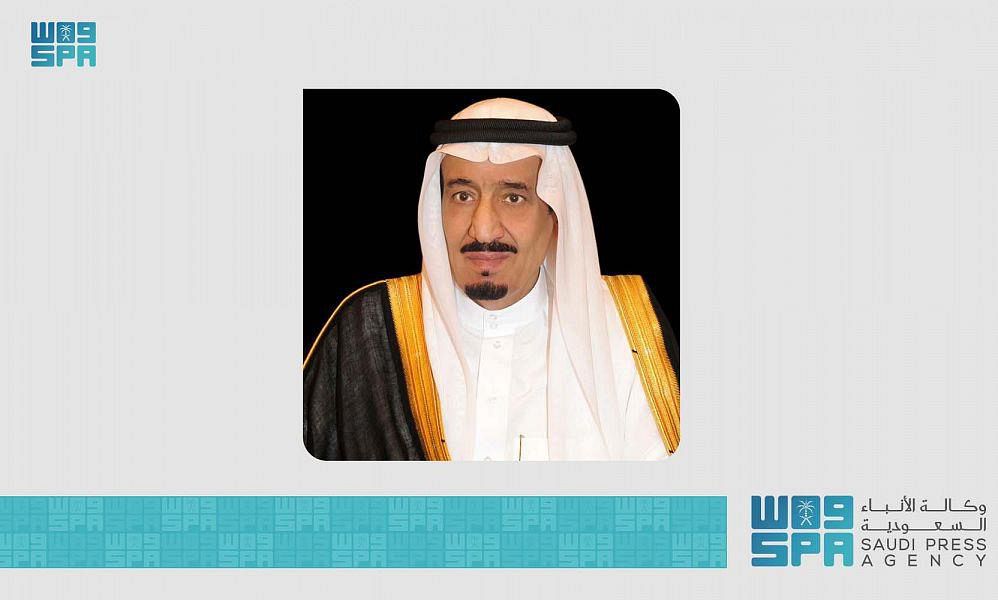
Promising to “clear the rubble” of corruption within the government, Malawi’s new president is beginning his term by raising the country’s minimum wage in an attempt to win over both doubters and international donors.
In an interview with the Guardian, Lazarus Chakwera, who won a historic victory over Peter Mutharika in June, urged Malawians to trust that he will deliver on his promises.
“We’ve just hit the ground running. We are really looking at setting up systems and making sure they are functional. Like I say in my inaugural address, part of what we have to do is to clear the rubble,” he said.
Since taking office, Chakwera, 65, has launched investigations into some of the deals agreed by the previous government, suspending contracts.
Police have arrested Mutharika’s bodyguard, Norman Chisale, and deputy commissioner general for Malawi’s revenue authority, Roza Mbilizi, in connection with a cement deal. Mbilizi has been fired.
Meanwhile, a number of police officers and former government officials have been arrested over allegations of violent conduct.
Chakwera won a decisive 59% of the vote, the first time an incumbent president in Africa was beaten by the opposition after a court-ordered rerun. Judges in February overturned the result of the May 2019 election, won by Mutharika, citing evidence of irregularities.
Business tycoon Thom Mpinganjira is currently on bail facing charges of attempting to bribe judges to rule in favour of the Democratic Progressive party. Mpinganjira denies any wrongdoing.
Chakwera, a former Pentecostal church leader, says he does not want to be seen to target political rivals in his anti-corruption drive. Instead, he said: “We want to create an environment in which every institution functions freely, independently, and we are doing that.
“We want to make sure that the ministries have benchmarks and we’re in the process of doing that. We want to make sure that we liaise with those who are in the public service in terms of what reforms are needed, and that process has started well.”
He added: “I want institutions to be able to do their job freely, investigate, and if they do have evidence of whatever has been stolen, then they should follow whatever the law says.”
Chakwera has been criticised for the makeup of his cabinet, 70% of whom are from the country’s central region, the president’s home turf. It includes six ministers who are related – although not to the president.
But Chakwera hopes his provisional budget will win over doubters.
About 3.5 million smallholder farmers will benefit from a proposed government-subsidised fertiliser programme which will see the cost of 50kg of fertiliser slashed from about 18,300 Malawian kwacha (£20) to MK4,495 (about £5).
The tax-free threshold will also be raised and the minimum wage increased, although both are subject to parliamentary approval next year.
An initiative started under the previous government to encourage more women and young people to start businesses will be expanded. More money will be allocated to the scheme to support the creation of 200,000 businesses, in turn expected to generate more than 600,000 jobs.
Chakwera comes to power as Malawi grapples with Covid-19. Chakwera said he was talking to UK-based Zimbabwean billionaire businessman and philanthropist Strive Masiyiwa, who has promised to provide ventilators and investment.
“This is a serious challenge,” Chakwera said, one that he is quick to point out could affect his ability to keep his promises in the short term.
Chakwera also needs to garner the support of international donors. About half of Malawi’s population are below the poverty line, while about 20% are described as “extremely poor”.
Heavily reliant on agriculture, which employs 80% of the population, the economy is vulnerable to the climate crisis.
The previous government enjoyed close ties with China. Malawi has a sports stadium, a five-star hotel, roads, a parliament building and a grand shopping mall, thanks to loans and grants from Beijing.
Chakwera could not be drawn on whether he will continue to foster the relationship but said he is willing to work with any country that shares his vision.
“We have programmes aimed at empowering youths, women and smallholder farmers so that they get out of subsistence living. We will lay them before the development partners and those who want to support that vision, they are free,” he said.
“We realise the responsibility for developing this nation lies in our hands. So that vision is my policy. Let partners be there, let them come and help.”
He added: “My plea and prayer is that people would give us a chance and trust us and let us do what we believe is best. But they [must] also speak about where they think we can do better, and that relationship will enhance our ability to serve Malawians a lot better.
“We will like to ensure that our democratic principles should give Malawians the dignity and development they deserve, because these two things must speak to each other, and have the vibrant society where people are able to prosper.”






